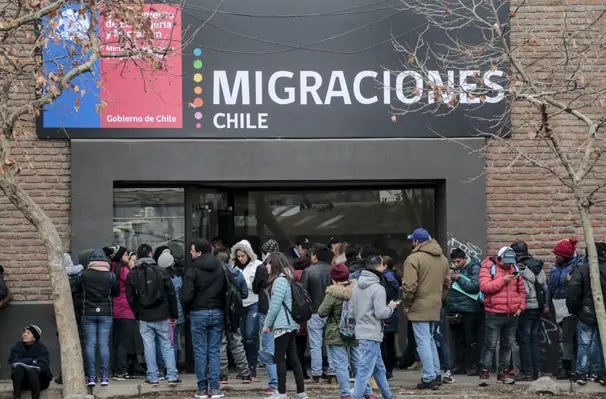Buscador
The end of the negative war act
The conflict between Israel and Iran marks a dangerous turn towards the legitimization of total war as a foreign policy tool, with alarming echoes for Latin America.
Trump and the authoritarian drift: Echoes of fascism in American democracy
Trump is steadily moving toward an authoritarian drift that threatens the fundamental pillars of American democracy.
Four ways of living in Chile as a migrant
The integration of migrants in Chile is as diverse as their backgrounds: from those who feel part of the country to those who are just trying to get by day to day.










